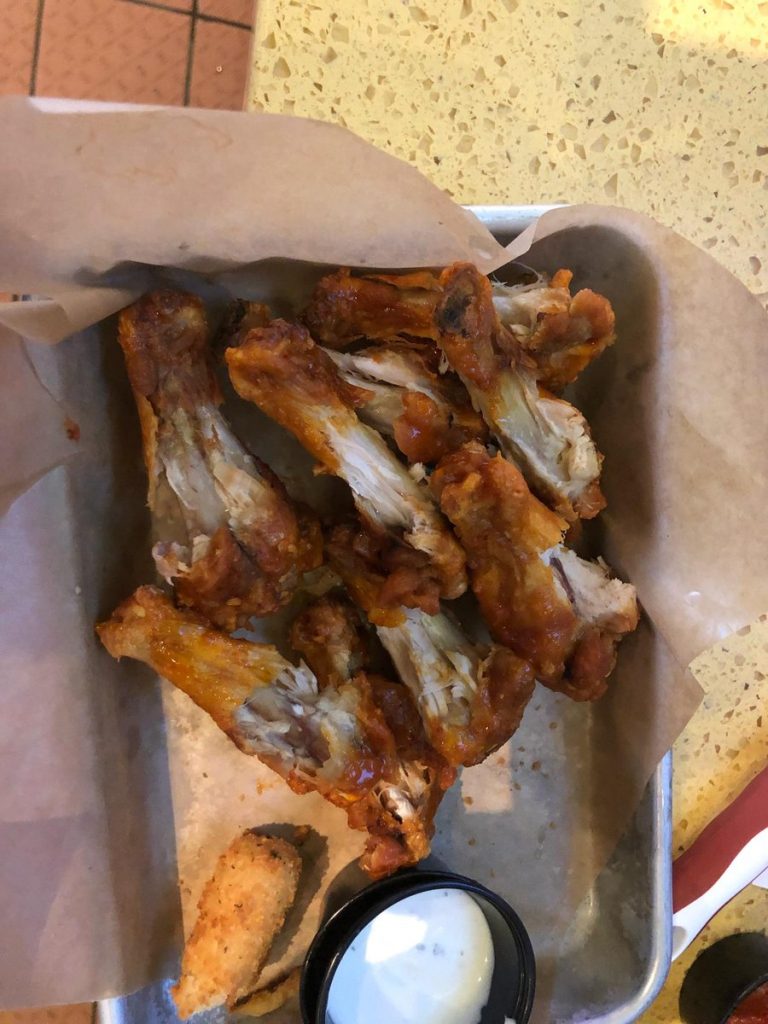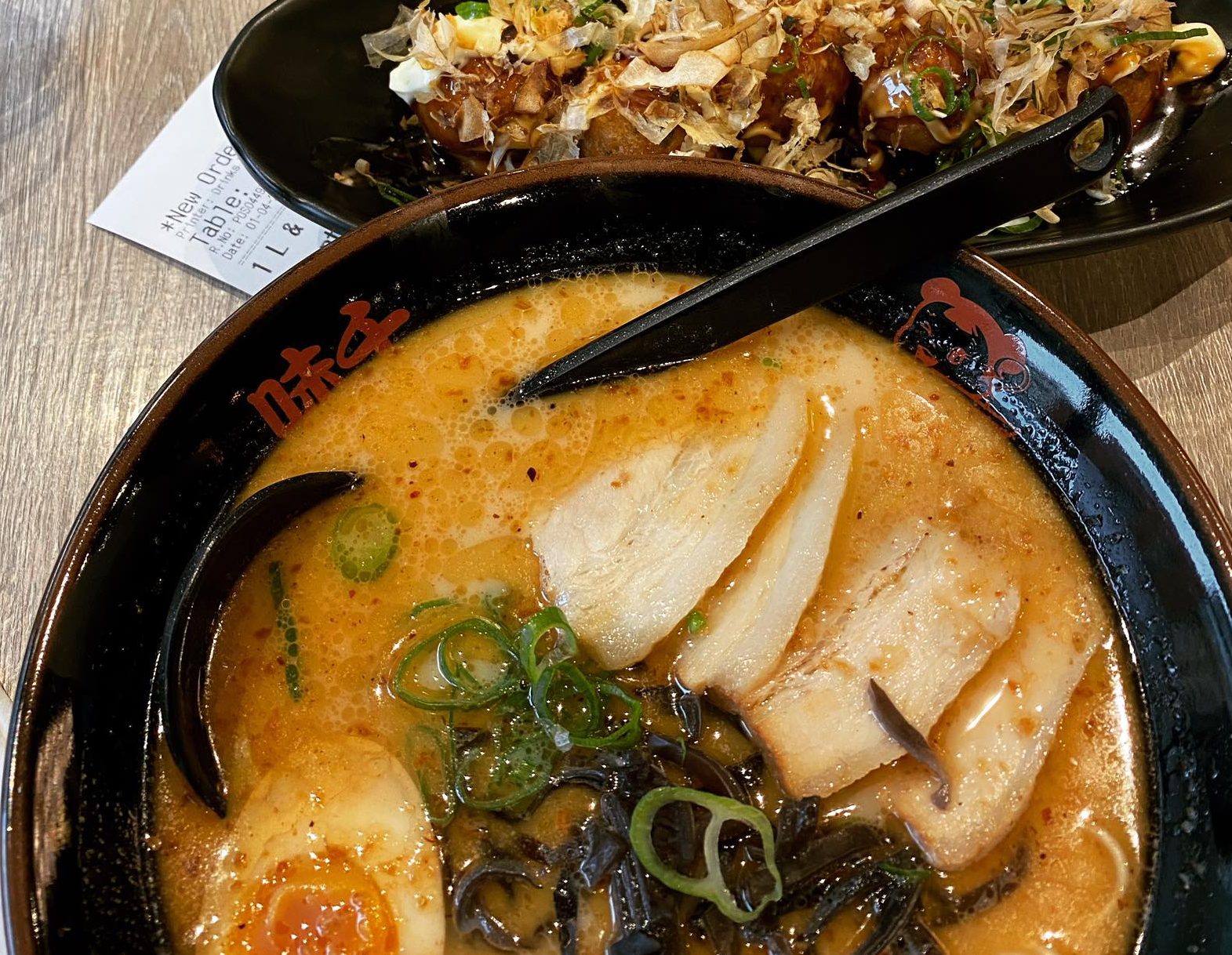It’s my pet peeve to read ‘Chinese eating etiquette’ articles that are aimed at tourists or people going to meet their partner’s Chinese parents for this first time, and yet written by white people for clickbait. They always regurgitate (regurgitate – and this article is about food – is this punny haha) the same ‘tips’ :
- don’t stab your chopsticks into your rice and make it stand up because it looks like incense sticks for dead people
- don’t point at people with your chopsticks
- don’t flip a whole fish
If these are new to you, I’m also going to give you a WHY, which already makes my article a better value, please share my blog post eheh. Long story short:
- Chinese people stick incense sticks like this in graves and when praying to gods and ancestors in temples and shrines. So doing that with your food is sort of disrespectful/associated with something else.

- Following in the same superstitious thread, people in Hong Kong and southern China will probably tell you not to flip a whole fish, which is a common Cantonese dish (the region of southern China and Hong Kong dish) because it’s like a bad luck thing of resembling a fishing boat flipping over. You’re supposed to pick at the meat from under the bones but I’ll be surprised to see someone non-Asian go ham at a whole fish as it’s quite intimidating for Westernized people who don’t grow up eating whole fish, and go into little panic spirals when they swallow a fish bone. Don’t worry – I don’t like eating whole fish either. But that was due to my parents trying to force me to eat steamed fish all the time as a child to “make me smarter”. Classic Chinese parent move by associating different foods with getting smart -___- but my childhood traumas are for another post ahahaha ha

- Pointing with your chopsticks, especially at people is just commonly rude, it’s like if you pointed to someone with your knife and fork.
There are some more subtle dos and don’ts, and I find that Chinese people in the articles don’t talk about how to not expect European manners. If you’ve been to a Chinese restaurant, you already know that the servers are working on a different scale of ‘customer service’ than you’re used to, and you’ll be lucky for them to say ‘hello’ to you.
If you’re going on a holiday to China, going to someone’s home or going to a Chinese restaurant for the first time with a group of Chinese people, I’m going to share some things to expect when eating in the Chinese culture, and common Western food habits that are seen as rude in the Chinese culture and vice versa.
The key phrase to remember is:
Respect is for the food and the effort, not the way you eat your food.
So get those elbows onto the table!
Expect to see, and you will not be noticed for doing the following:
- People chewing with their mouth open
- People talking with mouth full and making no attempts to hide it
- Everyone insisting on taking photos of the food
- Slurping when drinking soup or tea
- Picking up soup bowls to drink from
- People leaving bones on the table
- Spilling tea and dripping soy sauce onto the tablecloth
- Servers not giving a shit about you : their job is to bring you all your food, refill rice and tea kettles and clean up afterwards. That’s it! You’re here for the food, not to be treated specially.
There’s also some subtle behaviours that your Chinese hosts or eating friends will raise their eyebrows at, judge you and perhaps even gossip about you afterwards, but might not necessarily tell you off because Asians are non-confrontational and are aware you don’t know the culture.
Best not to do any of this if you are meeting Asian parents:
- Play with your food. Chinese kids are strictly bought up to never play with their food, and so as adults we don’t have the habit. It’s not even an option. It’s seen as extremely disrespectful.
- Refuse to eat the meat off the bone, and leave a lot of meat close to the bone, repeatedly. Wasting food is not a popular past time of Chinese people, who have a saying that we’ll eat anything with 4 legs except a chair. Asians as a whole have gone through a lot of famines and so the mentality is still there. For example, chicken wings – ok, you won’t eat near the bone and you’re leaving a lot of meat to waste. Fine, although you are wasting food that your host bought with money. But then you reach for another, meaning you’re still wanting to eat more, without fully finishing the ones you’ve got? Rude, rude, rude.

- Pick up a shared dish to give to someone. One thing I found really different when eating with a Western family or friends is that people tend to pick up the shared dish and pass it around the table, holding the dish on one hand while scooping the food onto their plate with the other. Chinese people, NEVER do that. It’s why we have lazy Susans! Chinese dishes are normally large and heavy, very hot and quite saucy. It’s sort of dangerous, especially when you’ve got children as part of the table. Even if there is no lazy Susan, you will either:
- need to stand to reach the food you want
- someone will see your struggle and swap a dish close to you with the dish you want. They will not pass it to you, but are aiming to put it on the table.
- someone witnessing your struggle and closer to the dish you want will scoop a bit and put it onto your bowl for you. No one is ever holding the dish, apart from if they are going to swap it for one near you.
- Pour yourself some water, tea or whatever drink without refilling others cups, especially of those that are older than you. This is more of a ‘how to impress your Chinese hosts or parents’ as it’s a common Chinese way of showing care to those older than you. If you’re not Chinese and you do this, they’ll be quite happy with you. They may even call you guai, which is the ultimate compliment to a Chinese child or a young person and means ‘obedient, good at listening, and you make me happy by being so’. And yes, it’s very Asian that the ultimate compliment you’re raised with is to be obedient!
Chances are, if you need this article that whoever or where you’re having dinner can tell that you aren’t Chinese and aren’t expecting you to know the ins and outs. Noone is going to shun you for picking up the dish if you’re a friendly dude. There are no ‘rules’ to culture, and noone is going to beat you up for not knowing bad cultural able manners – its an opportunity for the culture to reach out and show you how it’s done. To me it’s like visiting and eating at a friend’s house when you’re a child, and getting mindblown at the different things that their family do.
As long as you approach with respect and good intent in your heart, I’m sure it will be fine.
Play with your self awareness, not your food!




Be the first to reply